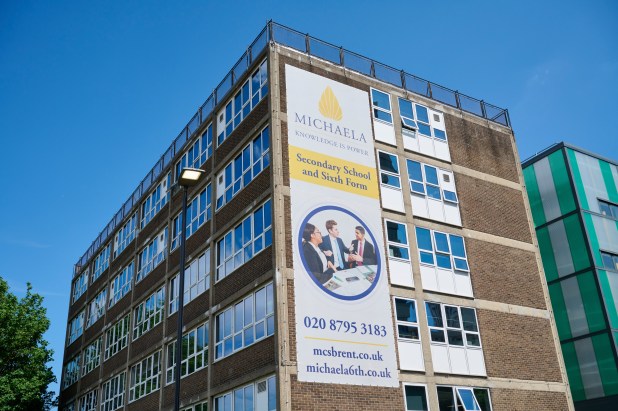In 2023, a Muslim student at Michaela Community School in Wembley challenged a schoolwide ban on prayer. Her case drew national attention, sparking debates around religious rights, secularism, and the boundaries of integration in British schools. One year on, the outcome of that case and the public discourse surrounding it still reflects a deeply concerning reality: that the UK continues to systematically fail Muslim students when it comes to protecting their right to practice their faith.
The case, brought by a student identified as TTT, accused the school of violating her religious freedom, a right enshrined in both the European Convention on Human Rights and the UK’s Equality Act 2010. Michaela’s headteacher, Katharine Birbalsingh, defended the ban, claiming it was essential to the school’s ethos of strict discipline and “aggressive integration.” The court ultimately ruled in favour of the school, citing the student’s voluntary attendance and the logistical burden of accommodating prayer.
But what was striking and disturbing, was how the conversation played out in the public sphere. Birbalsingh and her supporters framed the demand for prayer as a threat to integration. The media was quick to amplify this framing, warning against “hardline Muslims” and painting the student’s religious conviction as disruptive. The idea that a Muslim student could be excluded, isolated, and publicly shamed for something as basic as fulfilling her religious obligation should have sparked outrage. Instead, it was rationalised.
Secularism for Some, Not for All
Perhaps the most glaring contradiction is that the UK legally requires schools to provide daily acts of collective worship usually of a broadly Christian nature. Yet in this case, the judge accepted Michaela’s argument that it is a secular school. In fact, there are no fully secular state schools in England under current law. The school does hold regular assemblies where students sing the national anthem and receive talks from senior staff, but there is no accommodation for Muslim prayer, not even a private, optional space.
This reveals the selective nature of British secularism. When it comes to Christianity, the system is willing to uphold tradition. But when it comes to Islam, faith is framed as a personal burden something students must set aside in order to integrate. The message to Muslim youth is clear: your religious identity is welcome only if it’s invisible.
A Broader Climate of Hostility
The Michaela case did not happen in isolation. It came amid a wider climate in the UK where Muslim expressions of faith are frequently politicised and pathologised. From hijab controversies to Prevent surveillance in schools, Muslim children are repeatedly singled out and scrutinised. Requests for basic religious accommodation are portrayed as demands for special treatment — or worse, as signs of extremism.
What makes this even more alarming is the fact that the student in question was academically successful and well-behaved. Her only “offence” was asking to pray. For this, she was not only denied — she was punished, excluded, and publicly misrepresented.
A Test for British Values
Britain often prides itself on values like tolerance, freedom, and diversity. But cases like Michaela School force us to ask: tolerance for whom? Freedom on whose terms? Diversity so long as it doesn’t make anyone uncomfortable?
True integration is not about erasing differences, it’s about respecting it. And until Muslim students can pray without fear of punishment or exclusion, Britain cannot claim to be upholding the values it preaches.
Source: Middle East Eye


